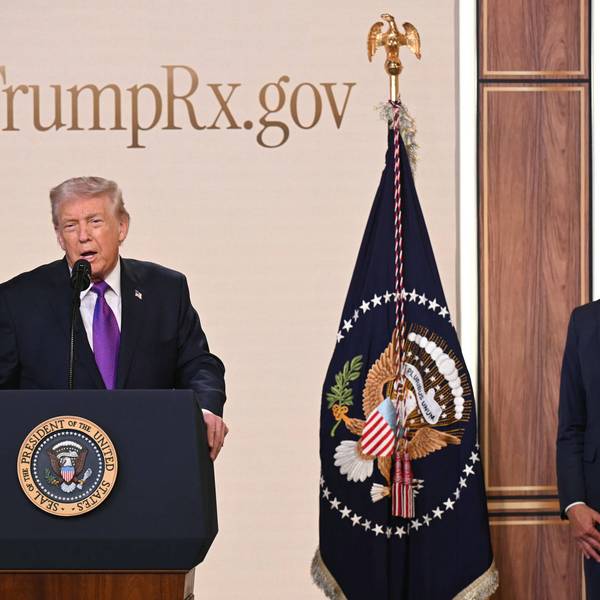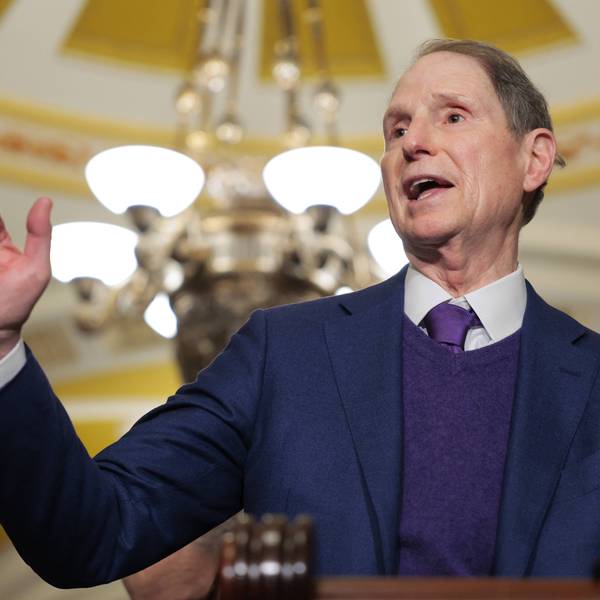Outrage is growing this week amid revelations that the pharmaceutical company Valeant raised the price for its critical lead-poisoning treatment by more than 2,700 percent in a single year.
Before Valeant took control of the medication, known as Calcium EDTA, in 2013, the average price for a package of vials was stable at $950, the medical news outlet STAT reported. But once the notorious pharmaceutical company bought it out in a multi-billion dollar deal, it swiftly boosted the price to $7,116 in January 2014 and to $26,927 by December of that year.
"This is a drug that has long been a standard of care, and until recently it was widely accessible at an affordable price," Dr. Michael Kosnett, an associate clinical professor, told STAT. He also contacted U.S. Congress. "There's no justification for the astronomical price increases by Valeant, which limit availability of the drug to children with life-threatening lead poisoning."
And at least one person in Congress is listening. Sen. Bernie Sanders (I-Vt.) retweeted the STAT article this week and noted that the price remains high as Flint, Michigan suffers a very public lead poisoning crisis.
"While kids in Flint are poisoned by lead, Valeant charges $27,000 for the leading treatment," wrote the senator, who made anti-price gouging legislation a cornerstone of his presidential campaign.
STAT described Valeant as the "poster child for pharmaceutical greed." Business Insider detailed some of the company's disreputable history, which included raising the cost of a heart medication last year:
Last year's heart-drug scandal and accusations of accounting malfeasance from a short seller combined to bring the once high-flying company's stock price down around 90%. It has yet to recover.
The fallout from all of that included the ouster of the company's CEO, a bunch of federal and state investigations, and a congressional hearing in which Valeant executives and board members, including billionaire hedge fund manager Bill Ackman, promised to lower prices.
According to the company's new CEO, though, they haven't.
A representative from Valeant claimed to STAT that the higher price for the lead poisoning medication helps the company increase access to hospitals--but that familiar argument did little to convince doctors.
Dr. Timur Durrani, an assistant clinical professor of medicine at the University of California, San Francisco, told STAT that the price simply "isn't justified. Is Valeant doing something so magical that it takes thousands of dollars to make it sterile?"
As Sanders continued on Twitter, "In a single year Valeant hiked up the price more than 2,700 [percent]. We must bring their greed to an end."



